
Sinusitis can be caused by various infections and is a type of inflammation. Sinusitis causes pain and pressure in the face and head that may make it difficult to breathe through your nose and mouth. Sinusitis may also cause fever, headache, and a dry cough lasting more than three weeks.
If you’re experiencing symptoms of sinusitis, see your doctor immediately to get treatment. Here are some of the causes and best herbs for sinus infection.
Common Causes of Sinus Infection
1. Allergies
Sinus infections are a common problem, and for many people, allergies are one of the leading causes. According to the National Center of Biotechnology Information, up to 80% of sinus infections are caused by allergens. These allergens can be found in dust mites, pet dander, grasses, and trees.
When these allergens get into the Sinus cavity through your nose, they cause an infection. The most common allergens that cause sinus infections are house dust mites and pollens from flowering plants.
If you have asthma or other allergies, your immune system is already working extra hard to fight infection. So when you get a sinus infection due to allergies, your immune system is even more active in trying to clear the infection.
This can make the sinus infection worse and lead to chronic inflammation of the Sinus.
2. Changes in air pressure
Air pressure in the body can be considered a type of hydraulic pressure. When air pressure is greater inside the body than outside, liquids and gases cannot flow freely. This can lead to problems such as sinus infections and high blood pressure.
Sinus infections are caused by bacteria that get into the sinuses through the nose or mouth. The high air pressure in the sinuses makes it difficult for the bacteria to escape, leading to infection.
High blood pressure is caused by excessive fluid retention (edema) due to increased air pressure in tissues around the heart. When fluid retention increases, it squeezes blood vessels, which forces more blood into the arteries and raises blood pressure.
3. Infections from dental problems
Most people know that a cold is the most common reason to have a sinus infection, but what many people don’t know is that dental problems can also be a cause. When teeth are poorly cleaned or decay occurs, bacteria from the dental plaque can quickly enter the nasal passage and cause an infection.
This can be especially true if you suffer from allergies or asthma, as your body’s response to allergens and air pollutants may make it easier for bacteria to get into your nose.
In addition, mucus from colds and other respiratory infections may block the drainage pathways in your sinuses, allowing bacteria to multiply more quickly.
Finally, stress can also lead to increased sinus infections – both due to increased mucous production and irritation of the delicate mucous membranes in your sinuses.
4. Obstructions in the nasal or sinus cavities
Sinus infections are becoming more common due to the increasing number of people smoking cigarettes and using other tobacco products. One of the ways that sinus infections can occur is when objects such as pieces of food, dust, or hair get stuck in the nasal or sinus cavities.
If these objects obstruct the flow of air and moisture through the sinuses, bacteria can grow and cause an infection. Other factors contributing to sinus infections include allergies, viral respiratory illnesses, and environmental exposures.
Treatment for a sinus infection typically involves antibiotics and pain relief. If the obstruction is located in the nasal cavity, surgery may be necessary to remove the object or allow drainage from the cavities.
5. Physical injury to the sinuses
Physical injury to the sinuses can cause a sinus infection. This is because physical trauma to the sinuses can disrupt the normal function of the sinuses, leading to an increase in mucous production and an increased chance of bacteria entering the sinuses.
In addition, physical injury can also damage surrounding tissue, which can lead to an increase in inflammation and swelling in the sinuses. The reason for this is that physical trauma often leads to increased pressure within the sinus cavities.
This pressure forces bacteria and other debris up into the nose and into the middle ear, where it can cause inflammation and infection.
The 5 Best Herbs for Sinus Infection
1. Black Seed Oil
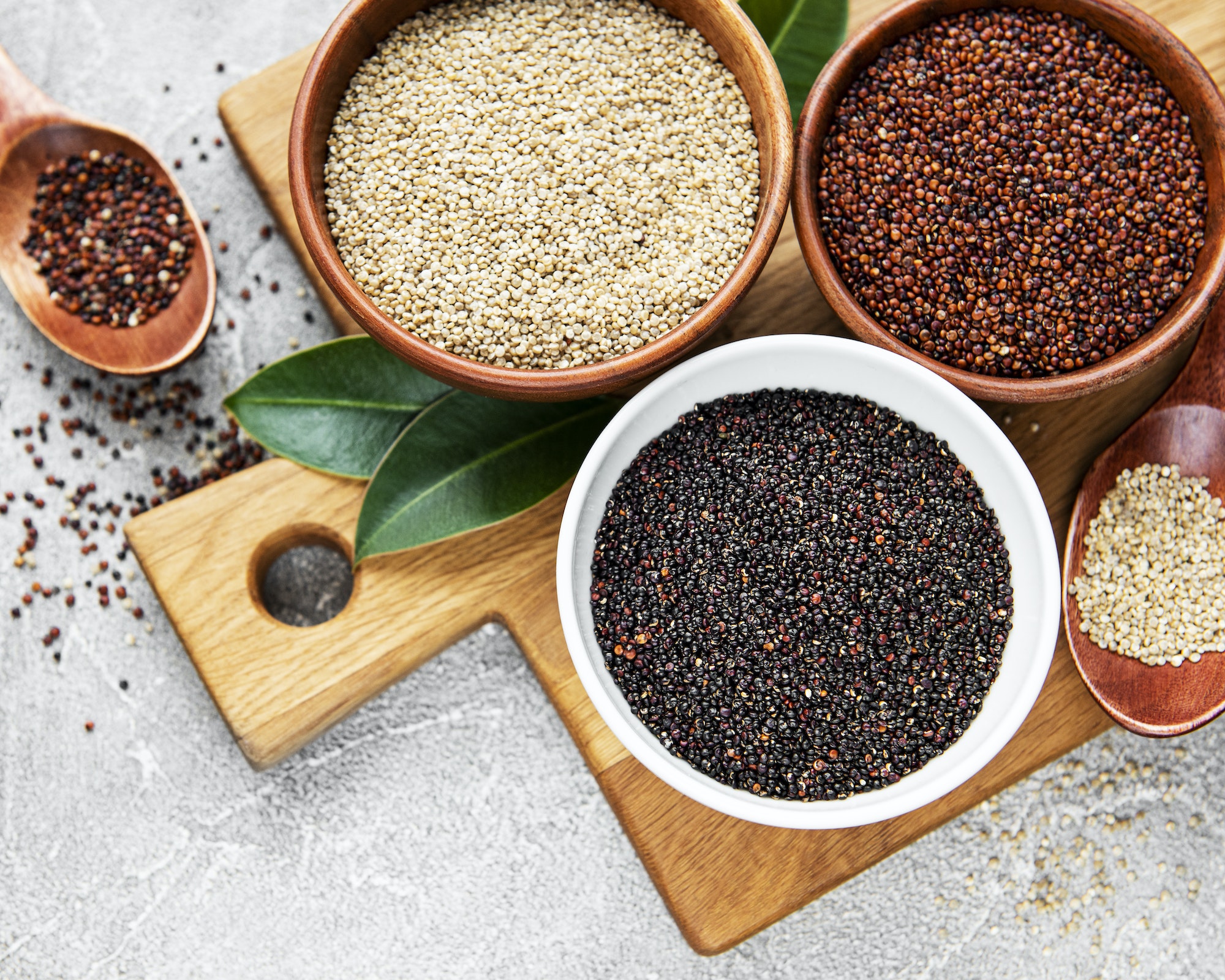
Black seed oil is a popular remedy for sinus infections. There are many benefits to using black seed oil for sinus infection, including the following:
- The black seed oil has anti-inflammatory properties. This helps to reduce the inflammation and swelling that are often associated with sinus infections.
- This herb contains antioxidants that help fight against the bacteria that cause sinus infections.
- It also has antiviral properties, which can help to prevent or treat Sinus Infections from worsening.
- Finally, it is known to improve breathing conditions in those with Sinus Infection, making it an ideal choice for those who suffer from the chronic obstructive pulmonary disease (COPD).
2. Bayberry
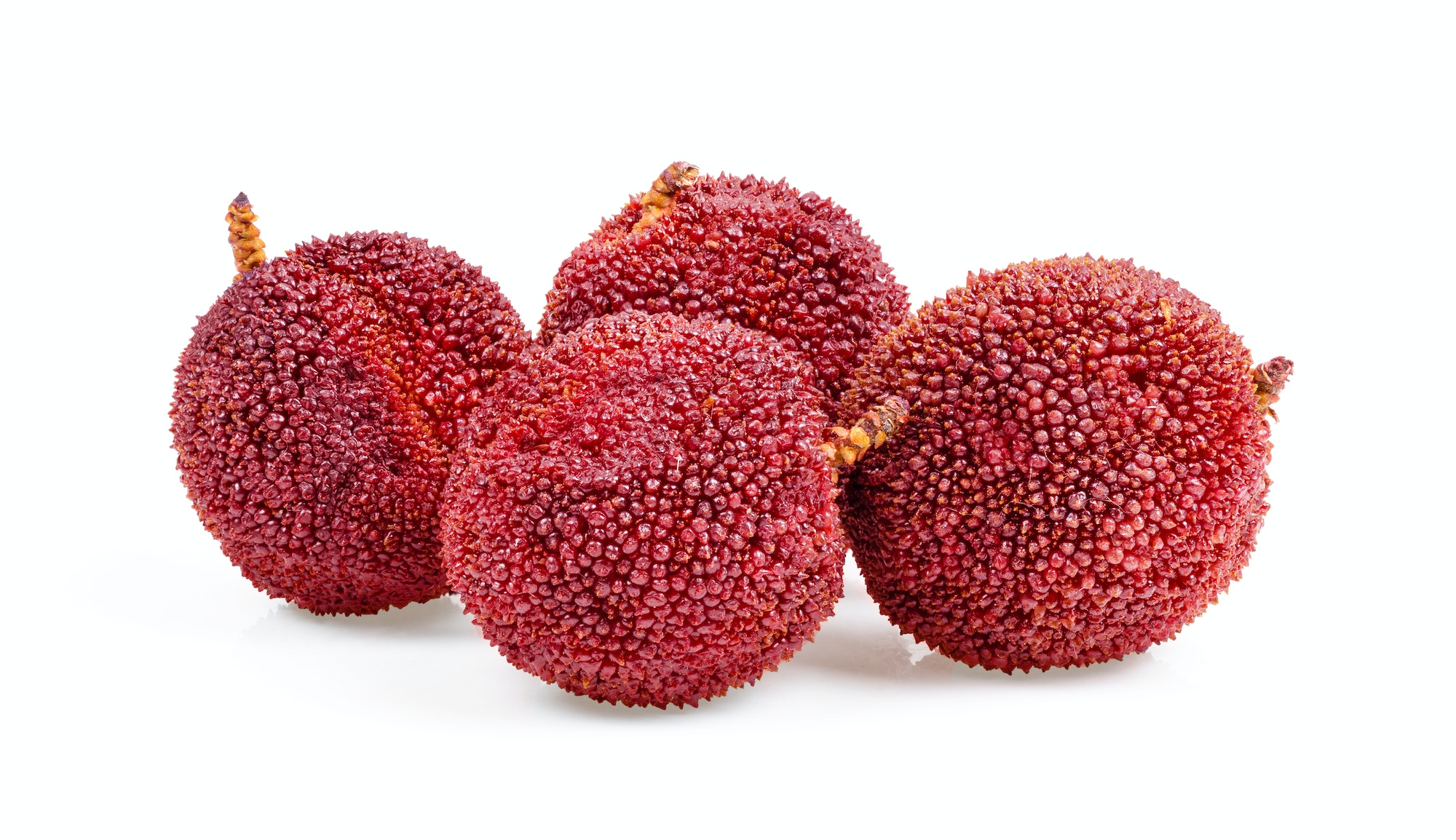
Bayberry is a herb that has been used for centuries to treat sinus infections. Bayberry is a member of the mint family and has many beneficial properties for treating sinus infections, such as antiviral, antibacterial, and antifungal properties.
Bayberry can also help dry out the sinuses and relieve congestion. There are several advantages to using bayberry for treating sinus infections.
- Bayberry is inexpensive and easy to find at local stores.
- It is gentle on the nose and does not cause irritation or breathing problems as some other herbs may.
- This Herb is effective against bacteria and viruses, making it a good choice for people with allergies or sensitivity to other antibiotics.
3. Oil of Oregano
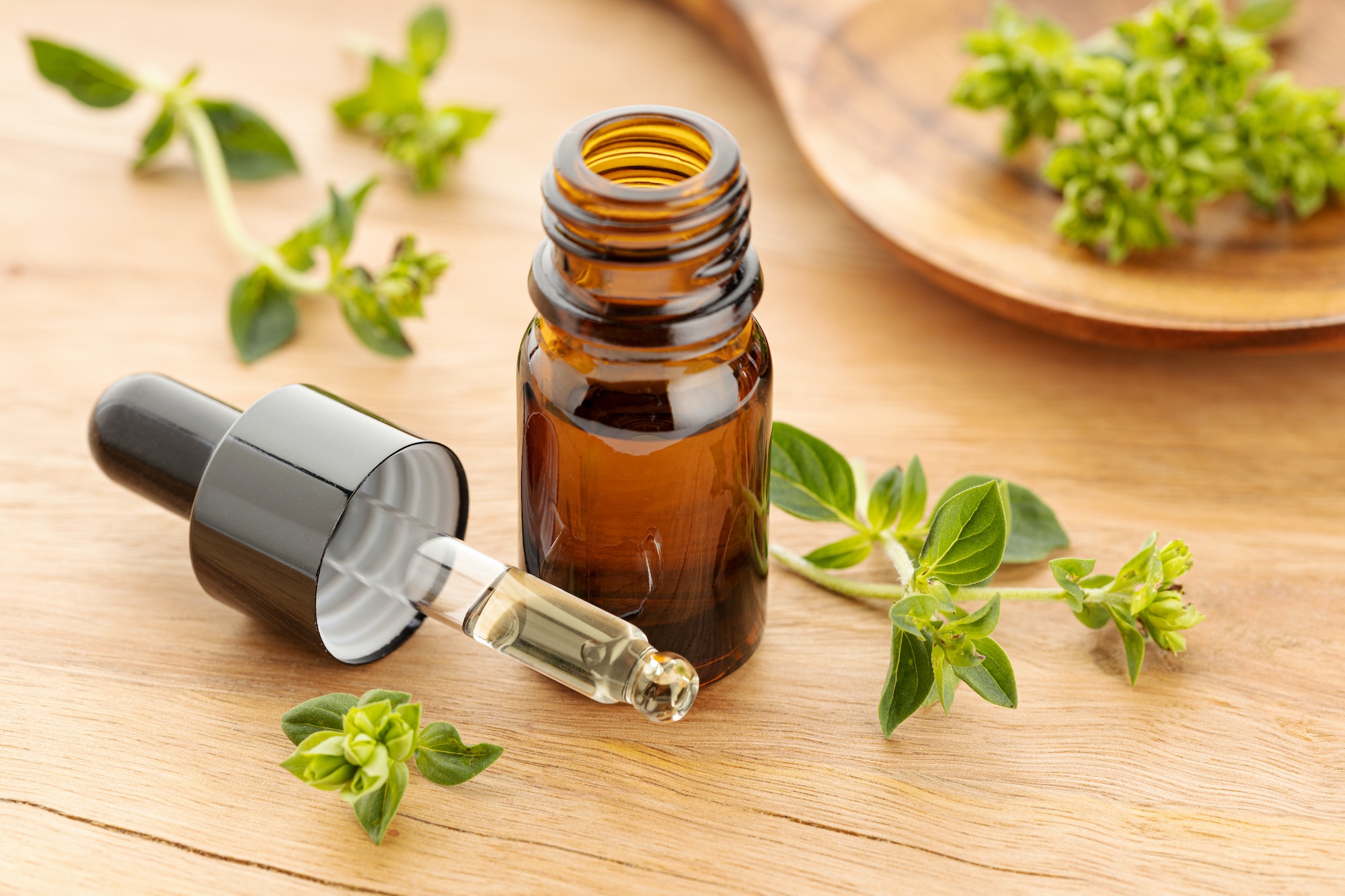
Oil of oregano is a herb used as a remedy for sinus infections for centuries. The oil of oregano contains thymol, which is a natural anti-inflammatory agent, and other essential oils that have antibacterial and anti-fungal properties.
In addition to its antibacterial and anti-fungal effects, oregano oil has been shown to provide benefits for treating sinus infections such as reducing the amount of mucous produced, clearing up the infection within the nose and throat, and relieving symptoms such as coughing, nasal congestion, and sinus headache.
4. Yarrow
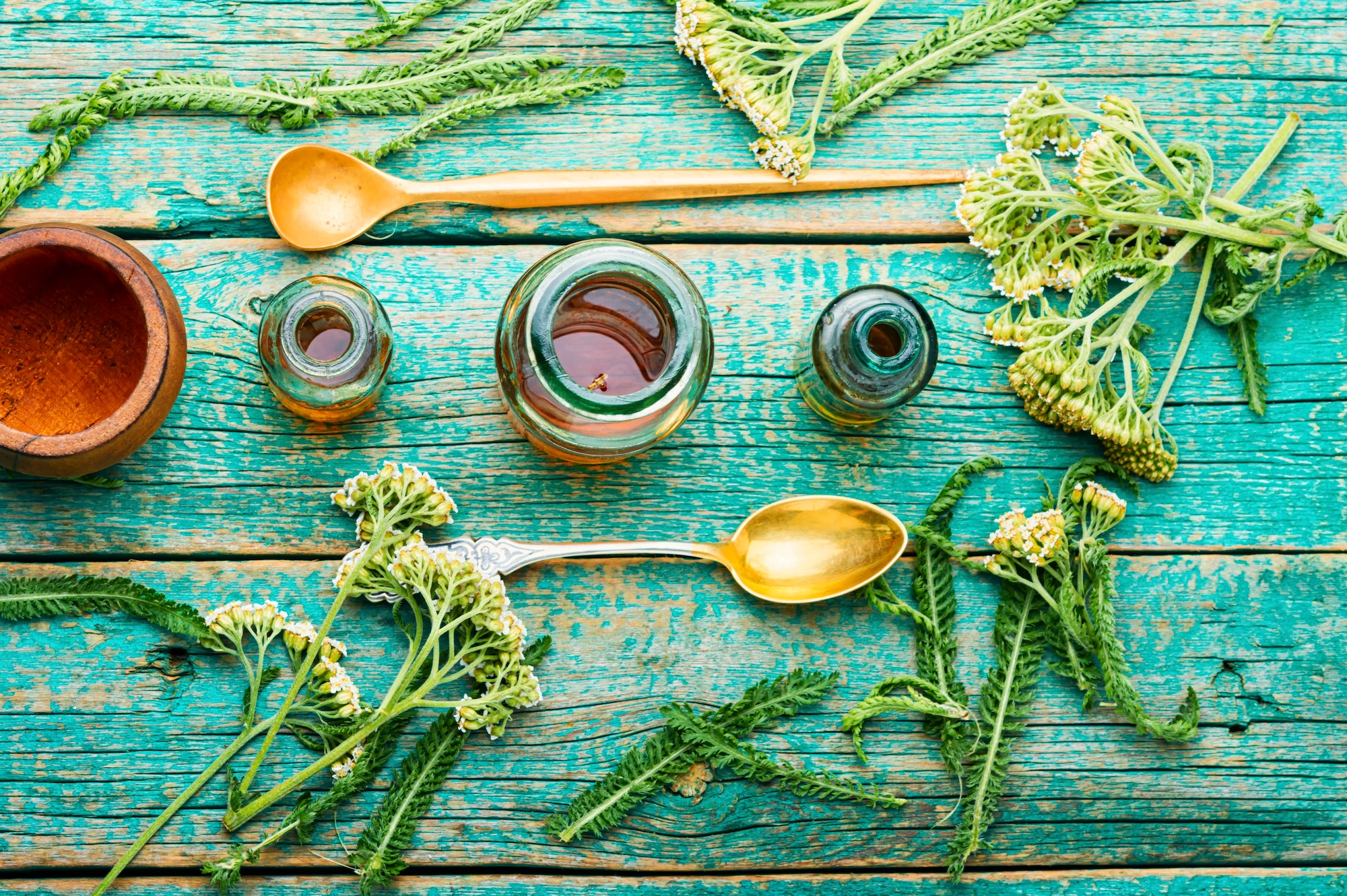
Yarrow is a flowering herb used for centuries to treat various ailments. In recent years, yarrow has been effective in treating sinus infections.
One of the main benefits of using yarrow as a herbal remedy for sinus infections is its anti-inflammatory properties that can help reduce the symptoms of other illnesses, such as asthma.
Additionally, yarrow is known to help improve breathing and drainage, which can help relieve pressure and congestion in the sinuses.
Overall, using yarrow as a herbal remedy for sinus infections may provide some relief from symptoms and help restore your respiratory health.
5. Plantain
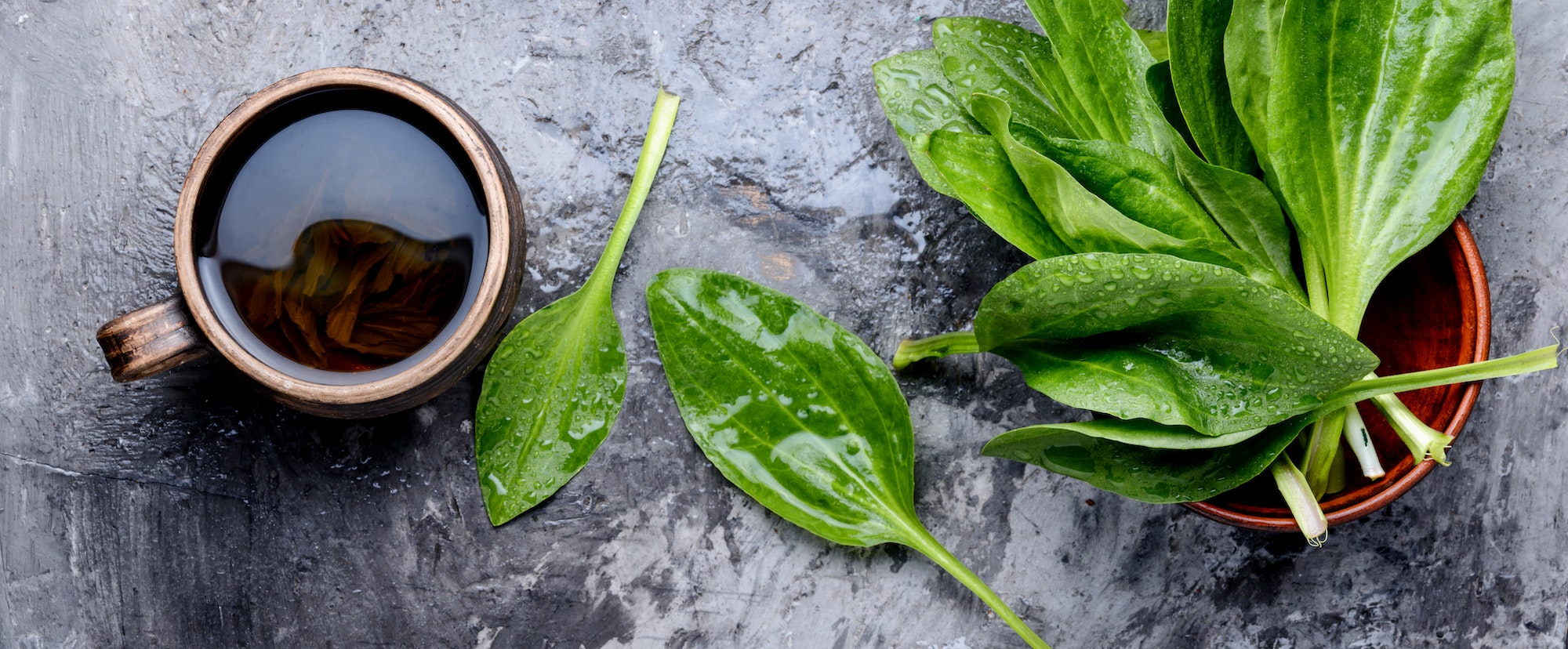
Plantain is one of the most common herbs used for treating sinus infections. It has a long history of being used to treat sinus problems and is considered a natural remedy.
Some of the benefits of using plantain include that it is an anti-inflammatory and antispasmodic agent. It is effective in relieving sinus pressure and pain, as well as preventing future episodes.
Additionally, plantain helps to reduce inflammation and swelling, which can improve symptoms significantly.
There are many reasons why plantain may be beneficial for treating sinus infections. For example, it is a natural antibiotic that can kill the bacteria responsible for causing the infection.
Conclusion
These plants can be found in many grocery stores and online.
- Herbs for sinus infections are beneficial because they help to clear sinus congestion and promote healing.
- They are easy to use, and customers can simply add them to their diet or take them as supplements.
- Other benefits of using herbs for sinus infection include relief from sinus congestion, reduced inflammation, and improved breathing.
- Sinus infections are often caused by allergies and changes in air pressure are common causes of sinus problems.
FAQs
Sinus infections can be cured by what foods?
Antioxidants, vitamins, and minerals are abundant in brightly coloured fruits and vegetables such as berries, kiwis, pumpkin, papaya, sweet potatoes, and pineapple. As well as breaking down buildup on the sinuses, pineapple contains enzymes that reduce inflammation.
Is it possible to get over a sinus infection without antibiotics?
In the first week after developing a cold, antibiotics do not affect viruses. Without antibiotics, about 70% of sinus infections disappear within two weeks.
Sinusitis can be made worse by what?
Your sinusitis symptoms can be aggravated by more than just dry air. You may experience further inflammation and sinus pressure if you inhale smoke, strong perfumes, pollutants or any airborne allergen.


